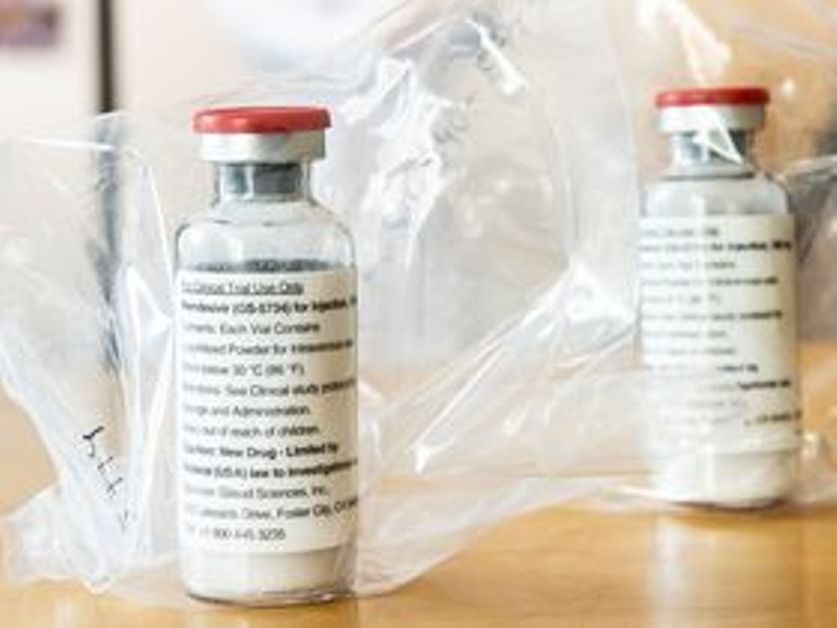The U.S. Food and Drug Administration approved Gilead Sciences Inc.’s antiviral therapy remdesivir on Thursday, making it the first drug to obtain formal clearance for treating the coronavirus.
Regulators had granted an emergency-use authorization for remdesivir earlier this year, and since then the drug has become a widely used therapy in hospitalized Covid-19 patients. It was given to President Donald Trump this month when he was diagnosed with the virus.
The approval of remdesivir, sold under the brand name Veklury, will allow Gilead to market the drug and talk about its benefits to doctors, nurses, and patients. That could help solidify its position as a go-to medicine for Covid-19 patients even as other drugs for the disease begin to reach the market.
“Veklury is now the first and only approved Covid-19 treatment in the United States,” Gilead said in a statement. While the drug was in short supply initially, Gilead said that the medicine is now widely available in hospitals across the country as manufacturing capacity has rapidly expanded.
The drug hasn’t been proven to reduce deaths from Covid-19. In a World Health Organization trial, the medicine failed to reduce fatalities, according to preliminary results that were posted on preprint servers last week.
Gilead has criticized the WHO study. In a letter posted on the company’s website, Chief Medical Officer Merdad Parsey said the findings don’t negate other results.
Shares of Gilead gained 4.1% in trading after the close of regular market hours on Thursday. Analysts estimate that remdesivir will have sales of $2.17 billion this year, according to 13 surveyed by Bloomberg.
The company said in June that it will charge U.S. hospitals roughly $3,120 for most patients who need remdesivir.
The approval is based on a U.S. government-sponsored trial involving more than 1,000 hospitalized coronavirus patients that found that those who received the drug recovered about five days faster than those who got a placebo.
The overall side-effect rate was similar to the placebo in the government study. The most common side effects are nausea and elevated liver enzymes, according to the product’s label.
Credit: Bloomberg





